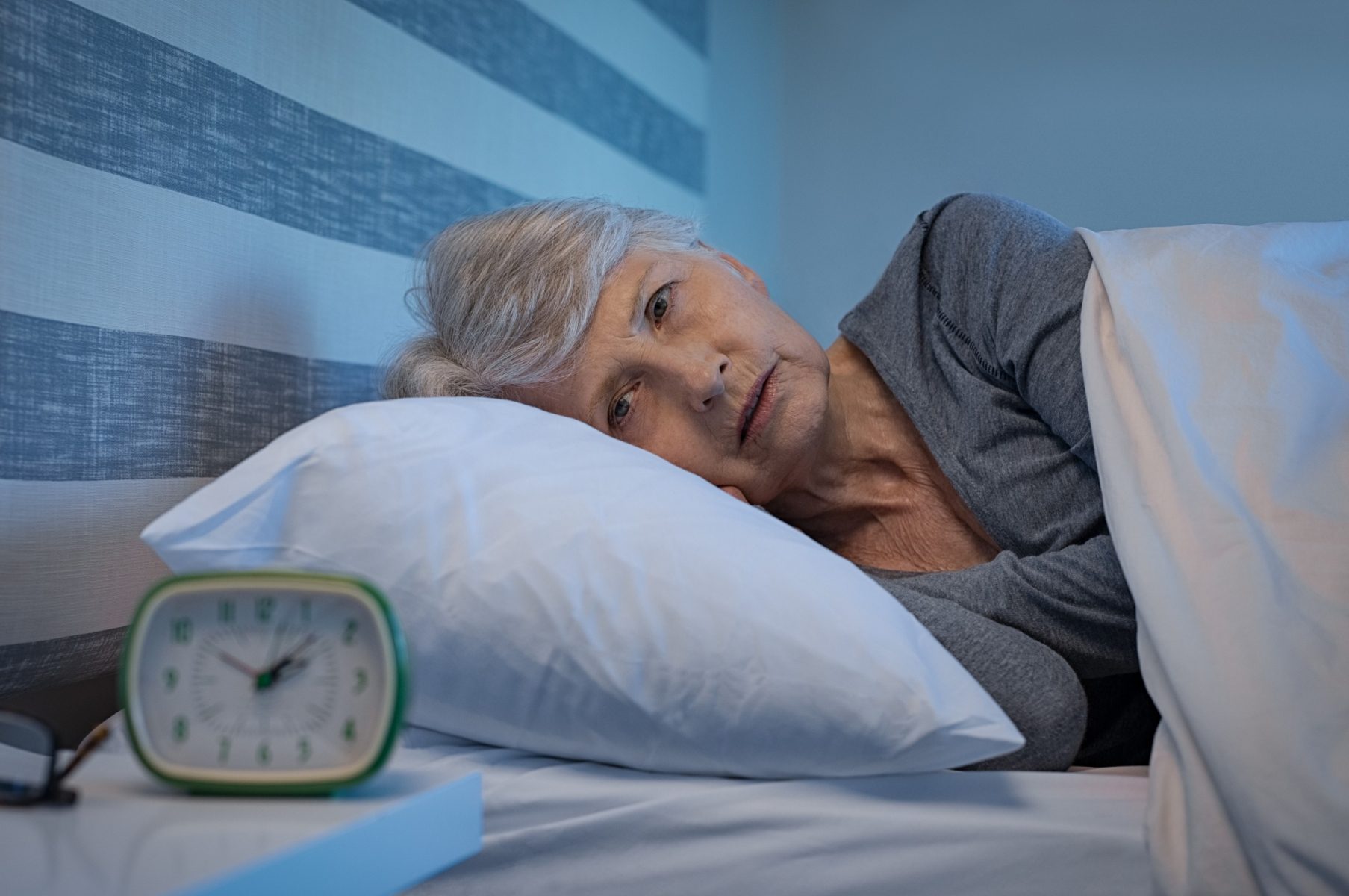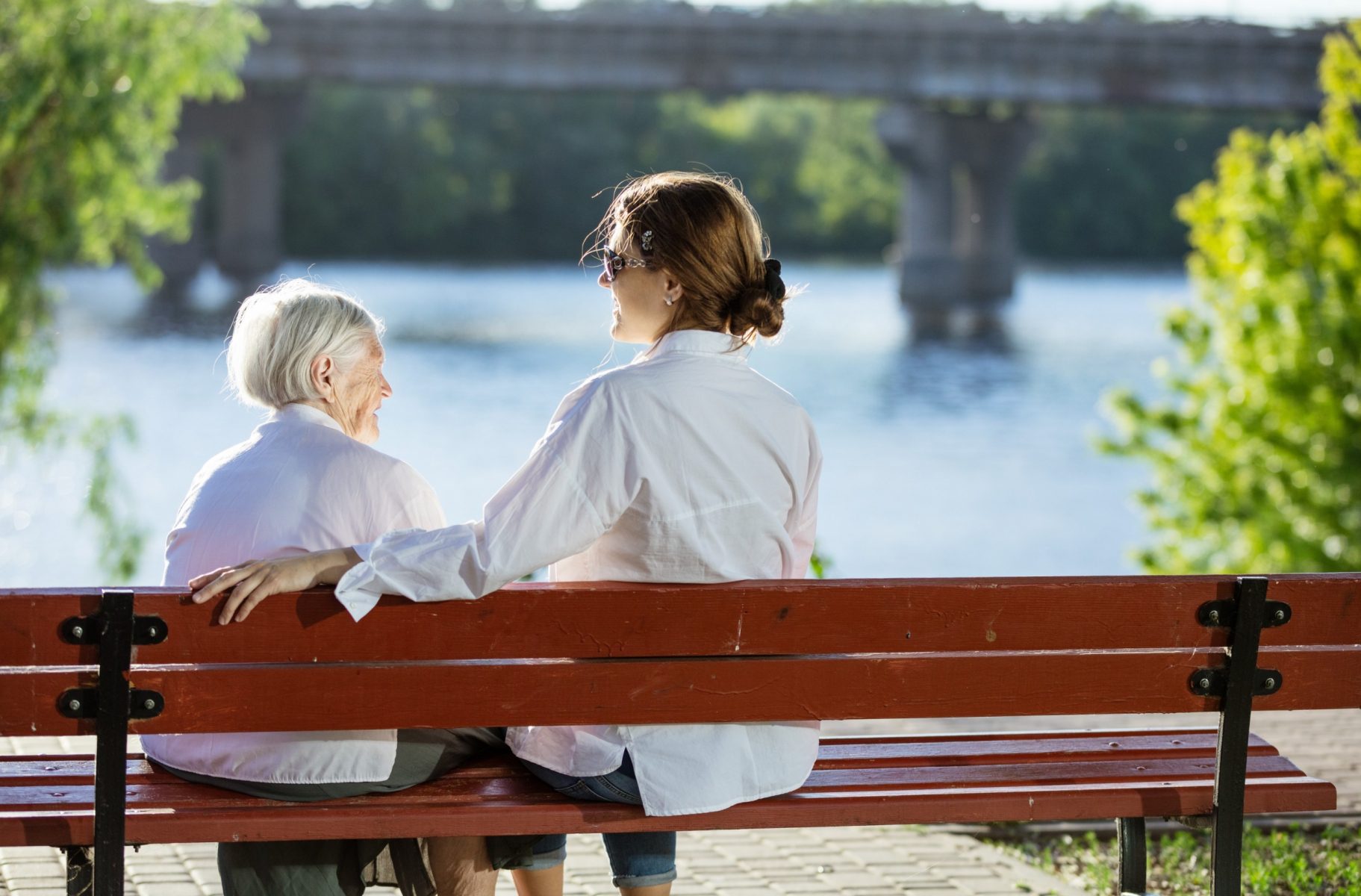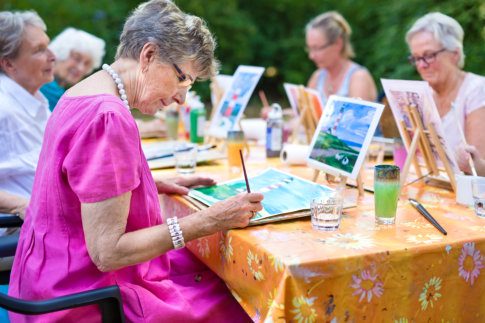How to Help Your Senior Loved One Get Better Sleep
How to Help Your Senior Loved One Get Better Sleep
Sleep is vital to us all, but as we age, it becomes harder to get the seven to nine hours of shuteye that most healthy adults require. Particularly in the elderly, the amount of time spent in deep sleep (the most refreshing stage of sleep) decreases – in part because the body produces lower levels of growth hormones.
Stay active
Even if seniors aren’t able to stay physically active, keeping mentally fit can help when it’s time to hit the hay.
Avoid naps late in the day
It’s important to avoid napping too late in the day; however, as this can result in insomnia at bedtime.
Create a bedtime routine
The most important thing is to start and stick to the routine as often as possible.
Power off screens
The blue light emitted by most electronics signals our brains that it’s time to wake up. Blue light-blocking glasses are also available to help filter out these rays in the hours prior to turning in.
Optimize temperature
The best room temperature for sleep is around sixty-five degrees Fahrenheit.
Avoid alcohol and caffeine
Individuals who consume alcohol before bed are also more likely to experience a decrease in sleep quality and disruptions to sleep.
Seek medical help
If you’ve ruled out other possible causes of insomnia or trouble getting quality sleep, it may be time to seek advice from a medical professional.
• Sleep apnea
• Movement disorders
There are many other illnesses and conditions that may interfere with sleep, and it’s always best to check with a medical professional as to the best course of action if a problem is suspected.


